Latest Blog
Read The Latest Articles from Our Blog Post
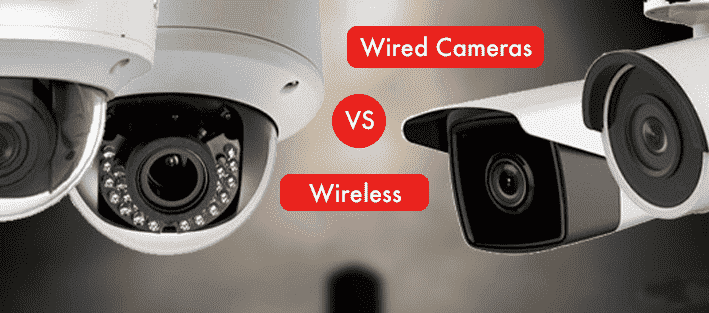
Wired Security camera vs. Wireless Security camera - Which is Right for You?
Which camera would you prefer: wired or wireless? Both options can be a good choice, depending on your preferences and requirements.
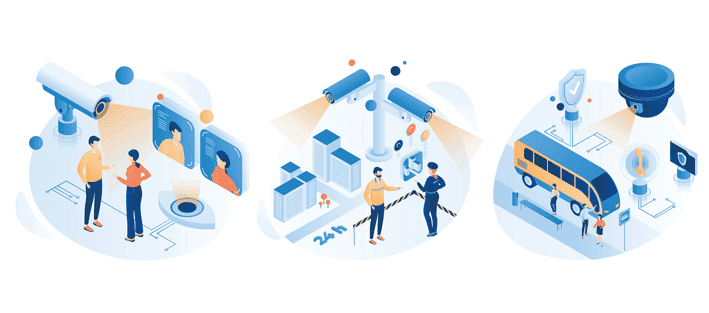
Different Types of CCTV Cameras and Their Importance
When it concerns protecting your organization, several types of CCTV systems exist. Surveillance is essential in society. With cameras everywhere, our daily lives are becoming more secure.Read More
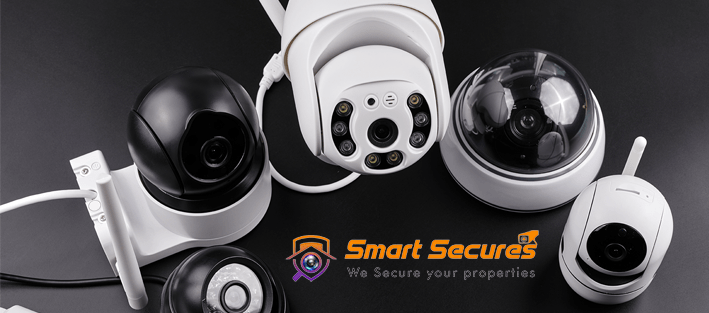
How to Choose the Best Residential and Commercial CCTV cameras
Choosing the best residential and commercial CCTV (Closed Circuit Television) cameras requires considering several factors to ensure they meet your specific needs.

Download gCMOB for PCs, Laptops, and MACs.
We suggest you download gCMOB for PC for your Windows 7/8/10 and MAC. gCMOB for PC download software that allows you to monitor your CCTV cameras on your computer.
Read More
Best CCTV Camera Brand in India
Keeping your surroundings safe is extremely important, and a reliable CCTV camera is your main way to protect yourself.
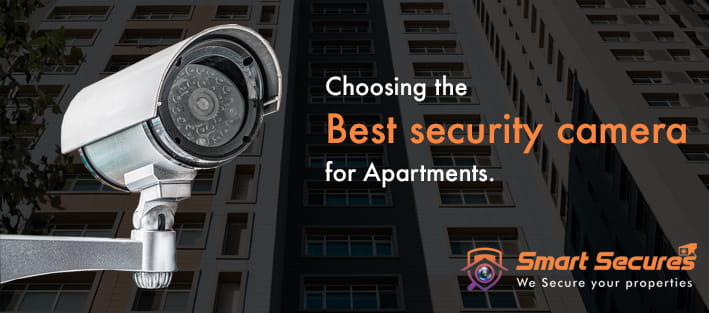
Choosing the Best security camera for Apartment
Are you in search of the best security cameras for your apartment building? Choose a reliable CCTV system for better safety measures.
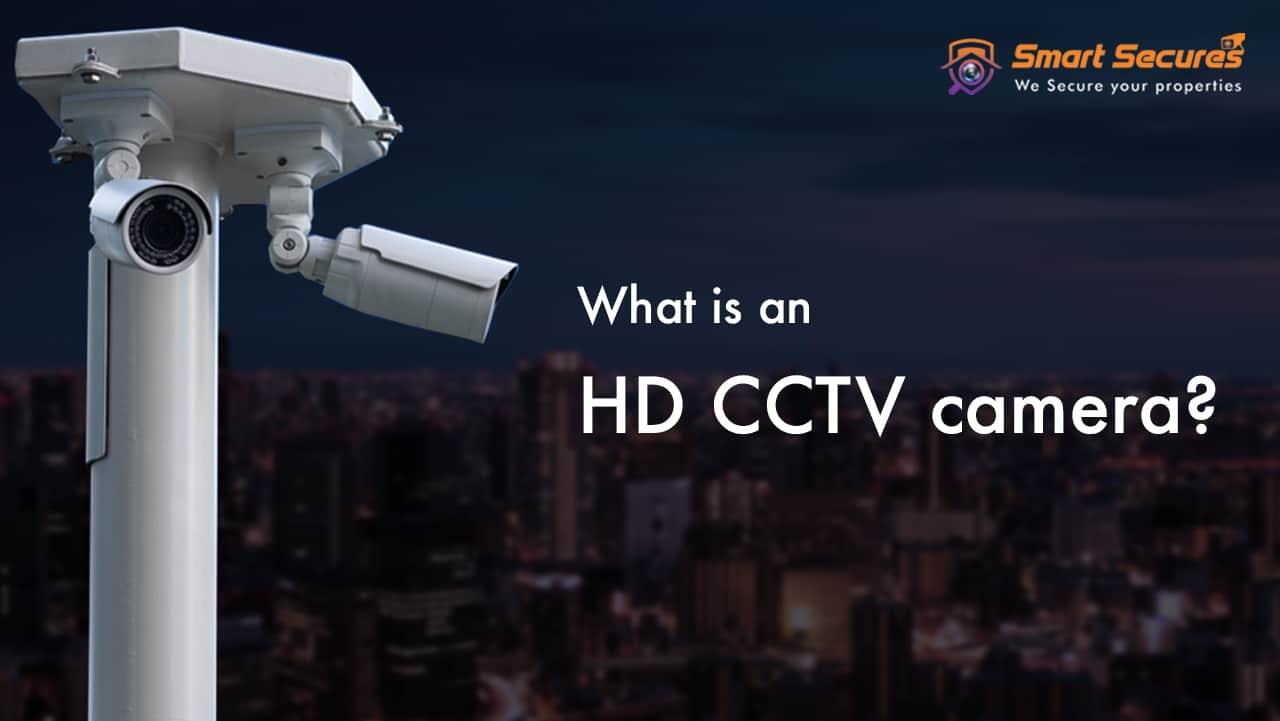
What is an HD CCTV camera?
High-definition Closed-Circuit Television (HD CCTV) cameras have become increasingly popular for surveillance and security purposes.

CCTV Surveillance Camera Installation - How to Secure Your Space with Expert Tips and Best Practices
Are you looking to enhance the security of your space?
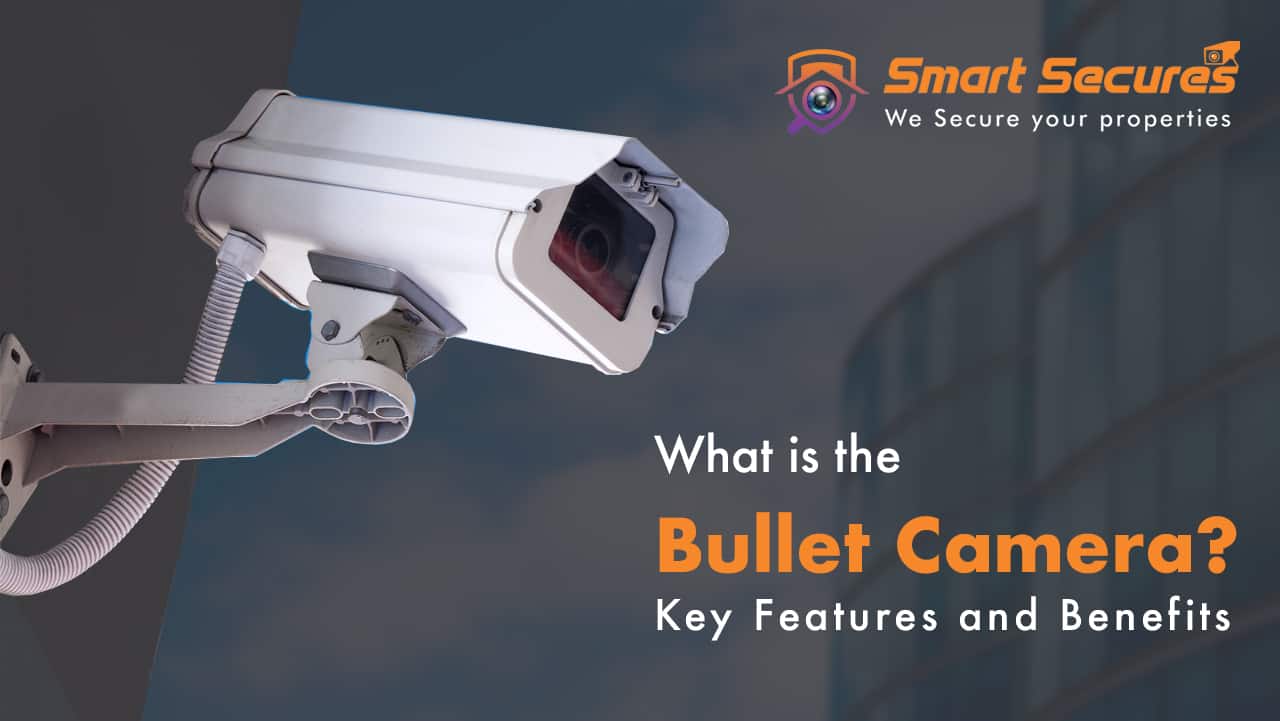
What is the Bullet camera
Bullet cameras are surveillance cameras with a sleek, cylindrical design that looks like a bullet or tube.

Benefits of installing security cameras
Are you concerned about the safety and security of your home or office?
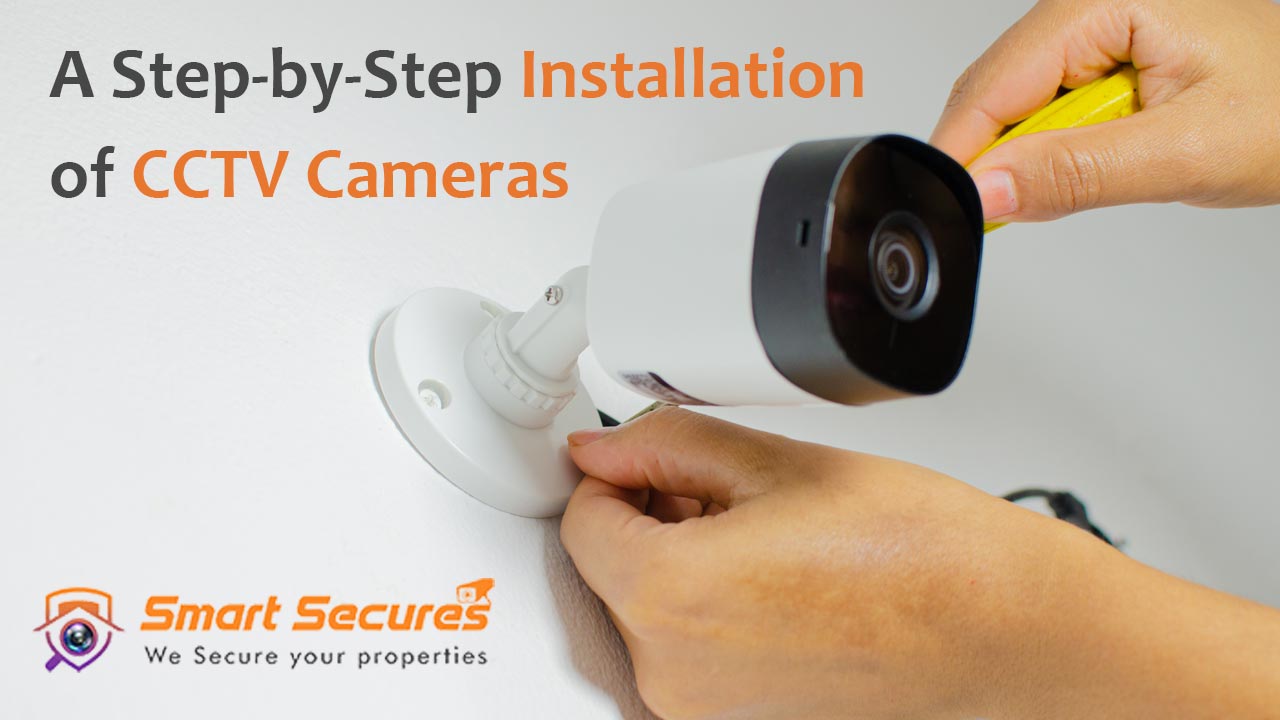
Step-by-Step Installation of CCTV Cameras
Looking to enhance the security of your premises? Look no more! We will guide you through the process of optimizing your security through CCTV camera installation in this comprehensive guide.
